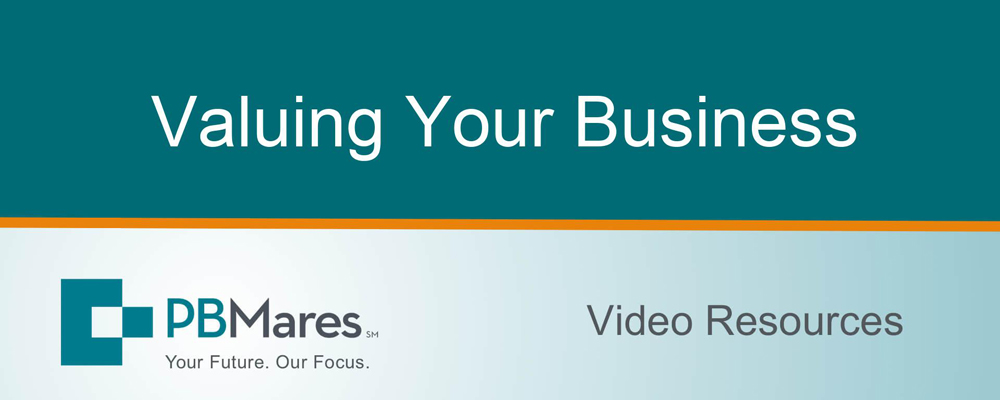Dwight Buracker always loved working with numbers in school. He took his first accounting course in high school and found he enjoyed the subject. He then went on to graduate from Ferrum College where he pursued a double major in accounting and finance.
The Shenandoah Valley Business Journal named Dwight to its Top 10 Under 40 list. He sits on the board of directors for Big Brothers Big Sisters of Harrisonburg Rockingham County and the Harrisonburg-Rockingham Chamber of Commerce. In addition, he serves on the planning committee of the Harrisonburg-Rockingham County Leadership Program.
Along with spending time with his wife and their twins, Dwight enjoys fishing, camping and other outdoor activities, including serving as a volunteer coach with the Grottoes Little League Baseball organization.
PROFESSIONAL ASSOCIATIONS:
- American Institute of Certified Public Accountants
- Virginia Society of Certified Public Accountants
- National Association of Certified Valuation Analysts
EDUCATION:
- Bachelor of Science in Business with majors in Accounting and Finance from Ferrum College in Ferrum, Virginia
ARTICLES:
Part 4: Ownership Interest and Discounts

Learn how to navigate and better understand the entire valuation process to include two components that a business valuation expert will consider: ownership interest and related discounts.
Part 3: Business Valuation Methods

Learn more about three ways to approach calculating a company’s value. Within each approach, commonly accepted methods exist that can be used in determining the value of a business.
Part 2: Critical Financial Components of Your Business Valuation

Learn the four key components to better navigate and understand the business valuation process.
Prepare Your Business as the High Estate Tax Exemption Expires

If your estate could surpass the lifetime estate exemption, learn about new guidelines that might justify a lower and more favorable valuation for tax reporting purposes.
Part 1: Basics of the Business Valuation Process

The Business Valuation Team at PBMares has written a four-part series of articles to help readers navigate and better understand the valuation process. This first article explains the purpose of a business valuation (BV) and key BV concepts.
Best Practices: Assess Investment Portfolio Risk and Return Using Benchmarks

In this article, we’ll discuss recommendations from the Government Finance Officers Association (GFOA) about best practices for measuring portfolio risk and return against market indexes and benchmarks.
Best Practices: Internal Controls for Grants

As our government clients work to safeguard grants and comply with Office of Management and Budget (OMB) requirements, strategic planning for internal controls is critical.
Indirect Cost Allocation Best Practices: 6 Simple Questions

As our government clients strategically manage finances to meet the increasingly complex needs of the public, compliance with Office of Management and Budget (OMB) requirements is critical.
SEFA Preparation Best Practices

As our government clients strive to optimize the way they manage finances, compliance with Office of Management and Budget (OMB) requirements is critical.
When it comes to the Schedule of Expenditures of Federal Awards (SEFA), it’s important to implement procedures that ensure an accurate and complete SEFA.
Grants Administration Best Practices: Maximize Benefits and Minimize Risk

Failure to comply with grants administration requirements is common but often unintentional. The source of the problem is typically a lack of communication or misunderstanding of compliance requirements. We’ve summarized the list of GFOA best practices for grants administration below.
Whitepaper | Valuing Your Business

A business valuation helps to determine the fair market value of a company and may be needed for a variety of reasons such as buying or selling a business, transferring equity, developing an estate plan or purchasing insurance. In this video, you’ll learn why you might need a valuation and the common methodologies used to determine value.

